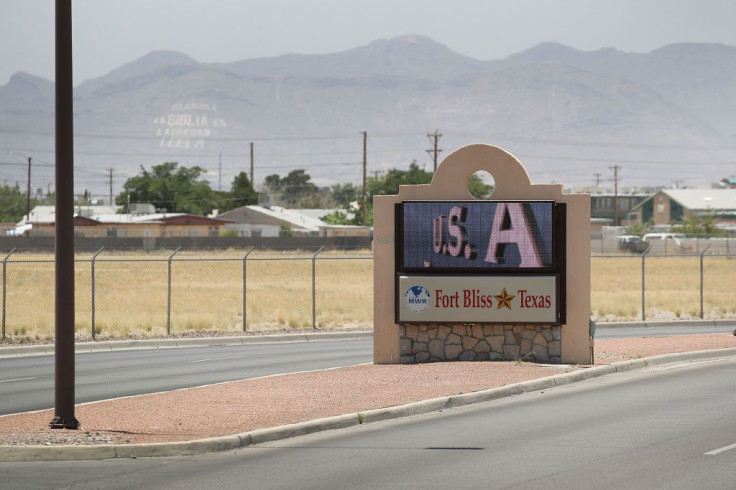A 28-year-old Afghan refugee at Fort Bliss in El Paso, Texas has been receiving online harassment after posting his food rations on Twitter. Hamed Ahmadi, a Fulbright semi-finalist, tweeted a photo of his meal ration with the idea to highlight the life of a refugee.
According to New York Post, Ahmadi’s photo showed two seemingly pale pieces of chicken, some bread and a few slices of fruit. However, his post gained much ire on Twitter as netizens responded with taunts and demands that he should be more grateful or return to Afghanistan.
“The point of that tweet was not ... to be complaining, to be very critical,” Ahmadi told The Independent. He said he wanted to prove to people that the life of a refugee was neither glamorous nor one to covet. “I was just describing a situation of Afghan refugees that are in the situation that they never really wanted to be in,” Ahmadi explained.
Trolls and netizens quickly found their way onto his post gaining him much social media attention from his meal photo caption which read: “Not complaining but this is what I got last night for dinner and the next meal is 12 hours later.”
“I was forced to flee Afghanistan ... if I had more space [on Twitter], I would have added more explanation – because I wanted to say that this is the refugee life. And we need to be patient.”
A spokesman for Fort Bliss said the base was only responsible for providing infrastructure - they do not keep lists of refugee names or numbers and have directed all queries to federal agencies. The State Department also declined to give specifics on the current situation of the refugees.
“Due to the complicated nature of these evacuations and to protect the privacy and security of the arriving Afghans, we are not providing specific numbers at locations on arrival times/airports/carriers, housing locations, processing timelines, or onward destinations,” the spokesperson said.
During his interview, Ahmadi said he had a pretty good job and was living a decent life back in Kabul with his family. But then, his social media presence as a blogger and working with foreign NGOs has left him in fear of his life as the Taliban took over the country.
He felt the need to flee and leave his home because he strongly believed he was in danger due to his bold and strong social media posts, which came with the territory of his job. “I had a lot of pictures doing jobs with Americans, with Germans, so I was kind of in danger – because you cannot trust the Taliban,” the Afghan blogger added.
Despite assurances from the Taliban claiming they are no threat to Afghans who have worked for international NGOs, stories have been told of the radical Islamist fighters seeking reprisals and revenge against journalists. Ahmadi felt this was enough reason to conclude his life could be in danger. “That was an active threat for me. So I couldn’t just simply sit and see what’s going to happen to me.”
Ahmadi was assisted out of the country by the American NGO he had previously worked with. He waited three days to be allowed through the airport, after which he was able to make it onboard a US military plane. They were airlifted to Qatar, then to Germany, and DC, then finally to Texas.
His brother, who was a special ops fighter with the Afghan National Defence Forces was killed in action two months ago while in combat with the Taliban. His pregnant sister is currently in hiding because she had been a member of the Afghan police force.

© 2025 Latin Times. All rights reserved. Do not reproduce without permission.



